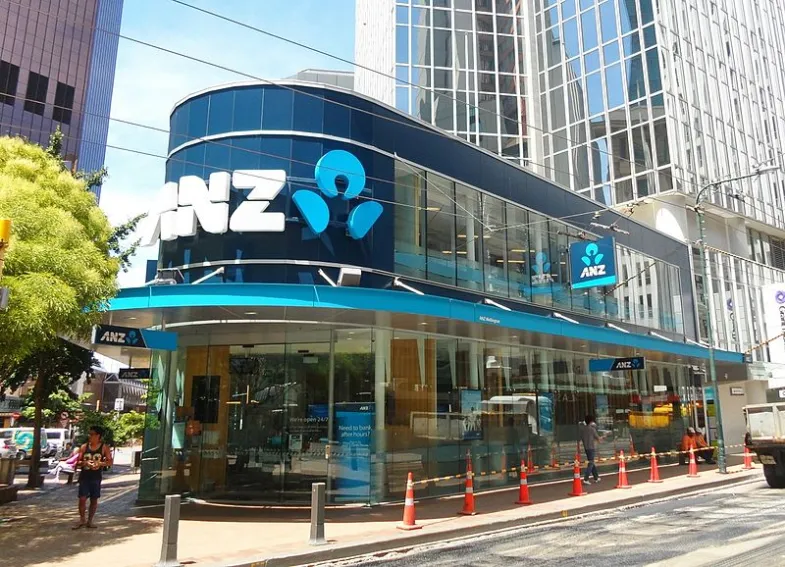
Open banking could uplift Australian banks
The big four banks will be required to make data available for transactions by February 2020.
Australian banks are in for some freshness coming from the country’s open banking initiatives, according to S&P Global.
“We believe that open banking is more ambitious in Australia than the rest of the world, with the introduction not only in banking but also other sectors, including telecommunications and energy,” the firm said in a report.
Australia will require the four major banks, including the National Australia Bank (NAB), Commonwealth Bank (CBA), Australia and New Zealand Banking Group (ANZ), and Wespac, to make data available on credit and debit card, mortgage, deposit and transaction accounts by February 2020, whilst all the other banks will follow suit by July 2020. Meanwhile, data on all products will be available by July 2020.
“We believe access to comprehensive financial data will allow banks to more accurately price for risk and create tailored product offerings. We expect open banking will add supplemental information to estimates or standardised benchmarks, such as the household expenditure measure, by allowing banks to obtain actual income and expenses data, facilitating more accurate serviceability assessments,” S&P explained.
However, the firm noted that the banks may face challenges in building the database management capabilities required to comply with open banking regulations.
Aside from open banking, opportunities arise from new developments in digital banking and cloud-based infrastructure which will lessen the size and number of physical branches. “The branches that remain will focus on sales and advice, rather than carrying out transactional banking services; allowing banks to lower their front-line headcount and substantial cost savings through the use of online customer platforms,” S&P said.
Meanwhile, the firm noted that larger banks may have to deal with difficulty in moving to the cloud due to their substantial legacy systems.
On another note, S&P ratings also sees an opportunity for Australian banks to boost their spending in regulation and compliance risk mitigation, which could result in the rise of the country’s regtech startup landscape. noting a Boston Consulting study that found that Australia has the highest number of regtech startup companies in APAC and the joint third-highest globally.
“The use of regtech startups should help Australian banks improve and lift industry standards in how they manage regulatory, compliance, and conduct risks as data driven analysis provides greater insights and consistency in analysis,” S&P said.



















 Advertise
Advertise














